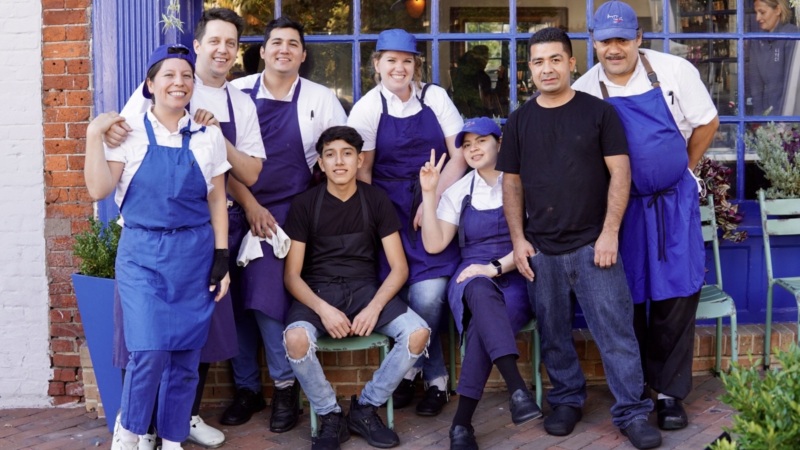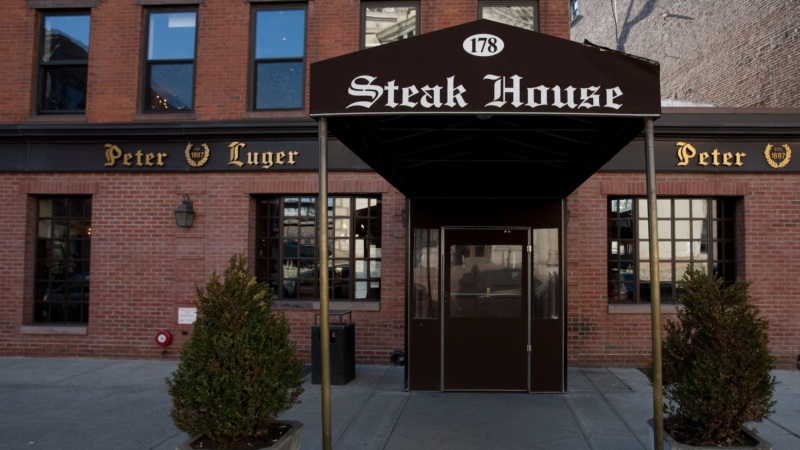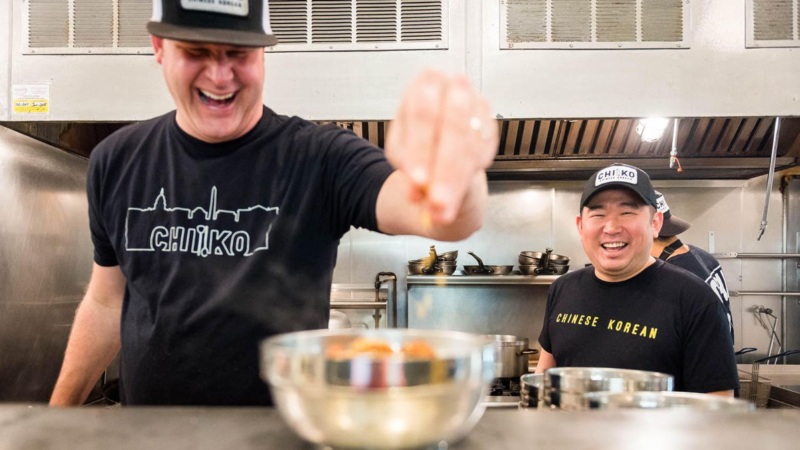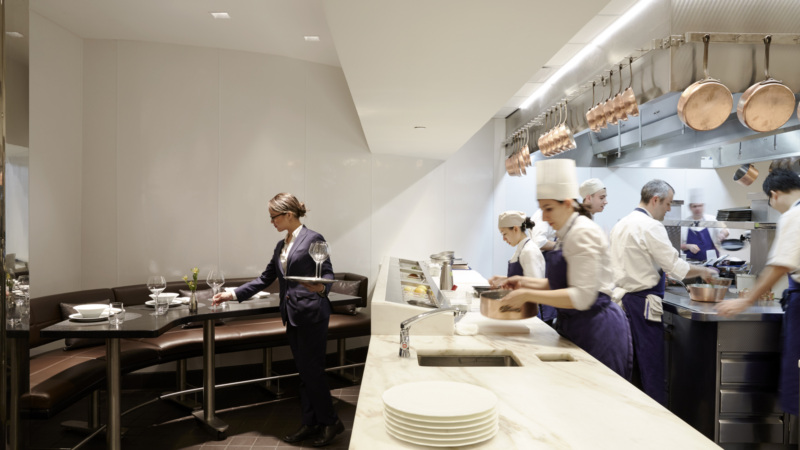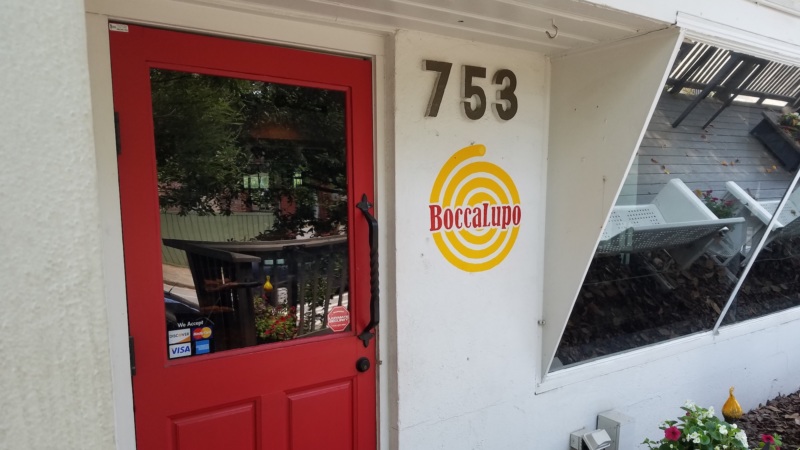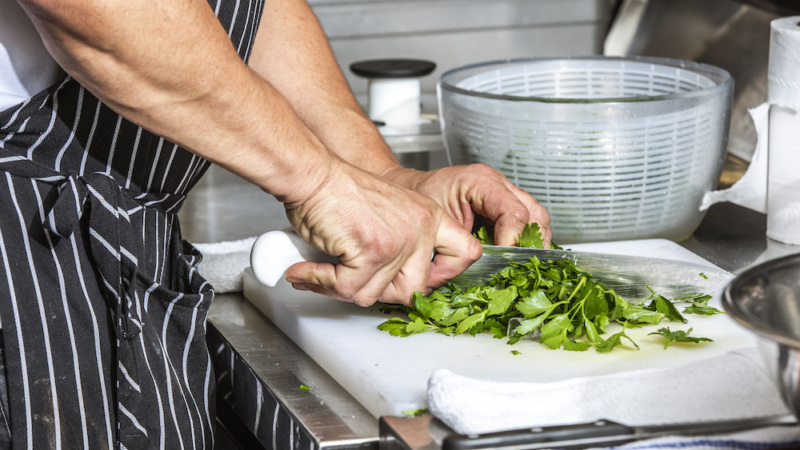

Answering Restaurant Labor Questions with 7shifts
Employee scheduling and labor management is one of the costliest and most time-consuming parts of operating a restaurant. With an unprecedented labor shortage stunting the operations of restaurants eager to welcome back diners, managing and retaining the workers you have has never been more important. That’s why we’ve partnered with restaurant labor management platform 7shifts to bring you expert advice and tools to succeed.
We chatted with Emily Brazill, Product Marketing Lead for 7shifts, to discuss some of the biggest issues facing operators today including minimizing labor costs, anticipating the impact of potential minimum wage increases, maximizing employee retention, and more.
Resy: With restaurant labor shortages affecting restaurants across the country, what are some ways restaurants can attract and retain employees and talent?
7shifts: Restaurant turnover is amongst the highest of all industries – last time I checked it was around 75%. Recruitment should start with keeping your current team happy and reducing your turnover. Restaurateurs that use 7shifts reduce employee turnover by offering tools to manage shift changes, availability, time off requests, and keep their staff in loop with push and text notification. Empowering employees by offering them informative, flexible and reliable work schedules will work to reduce churn.
Job seekers now, more than ever, are looking for strong company cultures and those that comply with labor regulations. With 7shifts, restaurant owners build strong company culture using our communication tools and have access to labor compliance tools that employees expect their employers to adhere to. As a manager, soon you will be able to make your own staff referral program or hire using our application tracking system.
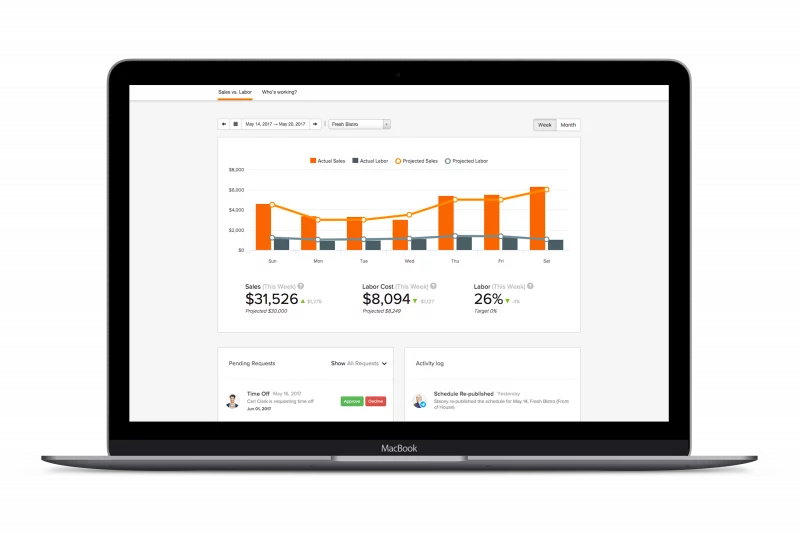

Resy: On the opposite end, you have restaurants that are still rebuilding their way back from pandemic lockdown and looking for ways to cut costs. With labor costs running anywhere from 25 to 40 percent of a restaurant’s gross revenue, what advice do you give to restaurants who are looking to reduce their labor costs without cutting staff hours?
7shifts: There’s this assumption that in order to reduce labor costs, the only mechanism you have is to cut hours or employee shifts. But we know that’s the last thing operators want to do. The biggest thing we focus on is ensuring that you have the right amount of people working at the right time. Without 7shifts, this requires really diligent management. You want to be able to see if you’re getting slammed on Saturdays but have quieter weekdays, so you can shift your staff hours within the week, rather than just simply cutting people. 7shifts gives you visibility and foresight on proper planning.
Another thing to think about for reducing costs is whether your employees’ needs are being met. Our employee engagement tool helps you keep a pulse on employee morale and gain insight into engagement metrics. Managers use this information to proactively address issues that may have never surfaced until it was too late. Level setting with staff expectations is important.
Resy: With legislation pending to increase the minimum wage in many states and an ongoing discussion happening nationally, what changes should operators be anticipating?
7shifts: This past year of the pandemic was almost like an experiment where a lot of restaurant owners were forced to make some changes to survive. I noticed a lot of restaurants decided to increase menu prices. Diners really rallied for restaurants – they really care, they love them, they’re part of the community. So I think a potential lever or a solution for increased minimum wage is that you might see an increase in the cost of dishes for customers. And I don’t think that’s wrong. The dining experience itself now has increased costs and the value should reflect that.
In terms of labor, the demands of working in a restaurant have really evolved. What people are expected to do has increased. What I hope to see is more tiering and growth progression within the industry, so people can grow to be higher earners with more responsibility.
If the wages are more compelling, the workload is better, and there’s proper training and value associated with the hard work being done, then I think restaurant culture and service work should be considered prestigious and be compensated appropriately.
Resy: How did the pandemic affect how people managed their workforce and are these changes here to stay?
7shifts: When COVID-19 first hit, we weren’t prepared for how people were using our software as a primary communication tool. During the lockdown, people temporarily stopped using 7shifts for employee scheduling , but they used the service because they realized that communication was so key to their teams. Because our platform is secure and easy, unlike texting each person individually or sending a Facebook message, people trusted it. I think it gave rise to this trend of understanding that communication isn’t “a nice to have”, but it’s actually a competitive advantage. We always knew communication was important, but not to that extent, where people were still engaging in the 7shifts app daily just to hear from their managers or peers.


I think you’re actually going to see an increase in restaurants using technology like 7shifts. Many have already realized that there’s a lot of things they do manually that automation can help them achieve. People are realizing that they need to use their workforces to do more important things, like increasing the quality of their customer service. When operators realize they can have systems and technologies in place doing the more mundane work, they’ll feel more free to invest themselves in what really matters.
This interview has been edited for length and clarity.
*Opinions and views in articles shared on Resy OS are presented for the purpose of discussion and commentary on topics of interest in the restaurant industry; they should not be viewed as substitutes for advice given by professionally engaged business consultants and advisors.
Discover More



